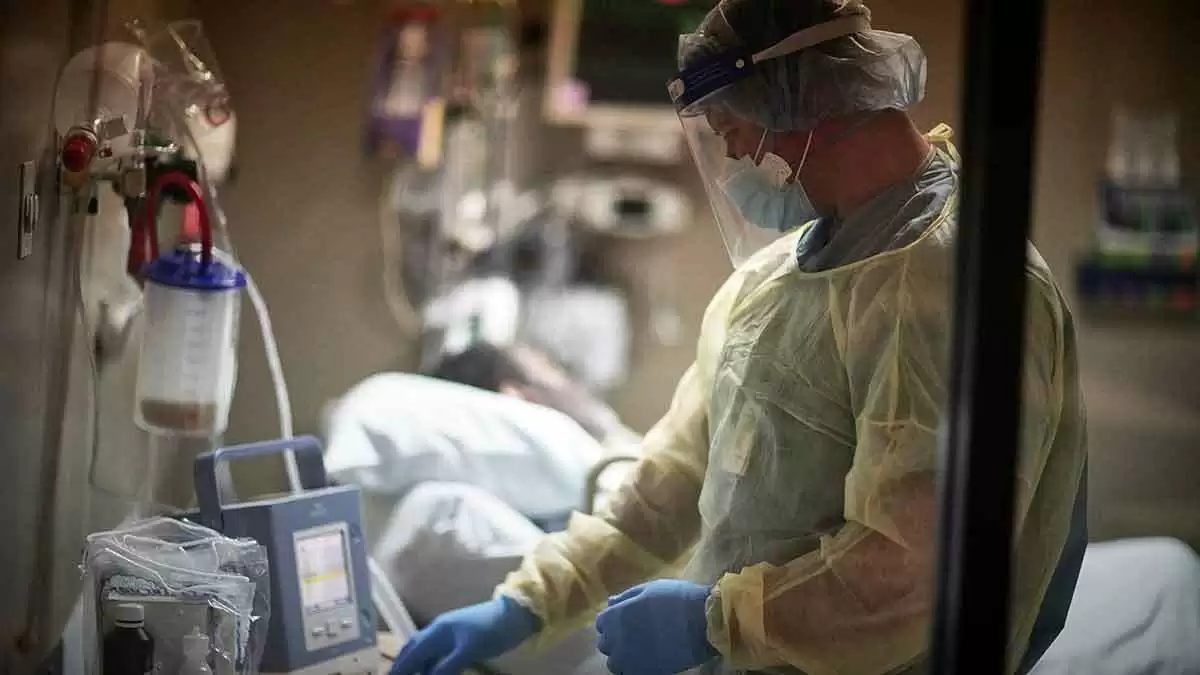
Celiac.com 12/22/2021 - In people with celiac disease, gluten sparks an immune reaction that causes damage to the small intestine, likely increasing their long-term risk of a number of gastrointestinal cancers.
What about cancer risk when people without celiac disease eat gluten? The general assumption has been that gluten is basically healthy for those without gluten sensitivity. But researchers just don't know that much about the health impacts of gluten in the general population.
Celiac.com Sponsor (A12):
A team of researchers recently set out to examine the association between gluten intake and risk of digestive system cancers among individuals without celiac disease. The research team included Yiqing Wang, Yin Cao, Benjamin Lebwohl, Mingyang Song, Qi Sun, Peter H.R. Green, Edward L. Giovannucci, Walter C. Willett, and Andrew T. Chan.
For their study, the team used longitudinal data from three prospective cohorts, the Nurses’ Health Study, Nurses’ Health Study II, and Health Professionals Follow-Up Study. They estimated hazard ratios using Cox proportional regression, along with 95% confidence intervals of digestive system cancers, based on levels of gluten intake as determined by food frequency questionnaires.
Over 4,801,513 person-years of follow-up, they found 6,231 incident digestive system cancer cases among three groups, and that gluten intake was not connected with an increased risk of digestive system cancer, even after adjusting for numerous risk factors, including body mass index, physical activity, diet quality.
Similarly they found no connection for individual digestive system cancers, including oral cavity and oropharyngeal cancer, esophageal cancer, stomach cancer, small intestine cancer, colorectal cancer, pancreatic cancer, gallbladder cancer, and liver cancer. Gluten intake was not associated with any elevated risk of digestive system cancers in non-celiac adults.
Avoiding or reducing dietary gluten is unlikely to help prevent digestive system cancers in non-celiacs.
So, if you don't have celiac disease, avoiding gluten won't protect you from the kinds of digestive system cancers that are more common in people with celiac disease.
Read more in Clinical Gastroenterology and Hepatology
The researchers are variously affiliated with the Clinical and Translational Epidemiology Unit, Massachusetts General Hospital and Harvard Medical School, Boston, Massachusetts; the Division of Gastroenterology, Massachusetts General Hospital and Harvard Medical School, Boston, Massachusetts; the Department of Epidemiology, Harvard T.H. Chan School of Public Health, Boston, Massachusetts; the Department of Nutrition, Harvard T.H. Chan School of Public Health, Boston, Massachusetts; the Division of Public Health Sciences, Department of Surgery, Washington University School of Medicine in St. Louis, St. Louis, Missouri ; the Division of Gastroenterology, Department of Medicine, Washington University School of Medicine in St Louis, St Louis, Missouri; the Alvin J. Siteman Cancer Center, Washington University School of Medicine in St. Louis, St. Louis, Missouri; the Channing Division of Network Medicine, Department of Medicine, Brigham and Women’s Hospital and Harvard Medical School, Boston, Massachusetts; the Celiac Disease Center, Department of Medicine, Columbia University College of Physicians and Surgeons, New York, New York; the Clinical and Translational Epidemiology Unit, Massachusetts General Hospital and Harvard Medical School, Boston, Massachusetts; the Clinical and Translational Epidemiology Unit, Massachusetts General Hospital and Harvard Medical School, Boston, Massachusetts; and the Division of Gastroenterology, Massachusetts General Hospital and Harvard Medical School, Boston, Massachusetts.







Recommended Comments
There are no comments to display.
Create an account or sign in to comment
You need to be a member in order to leave a comment
Create an account
Sign up for a new account in our community. It's easy!
Register a new accountSign in
Already have an account? Sign in here.
Sign In Now